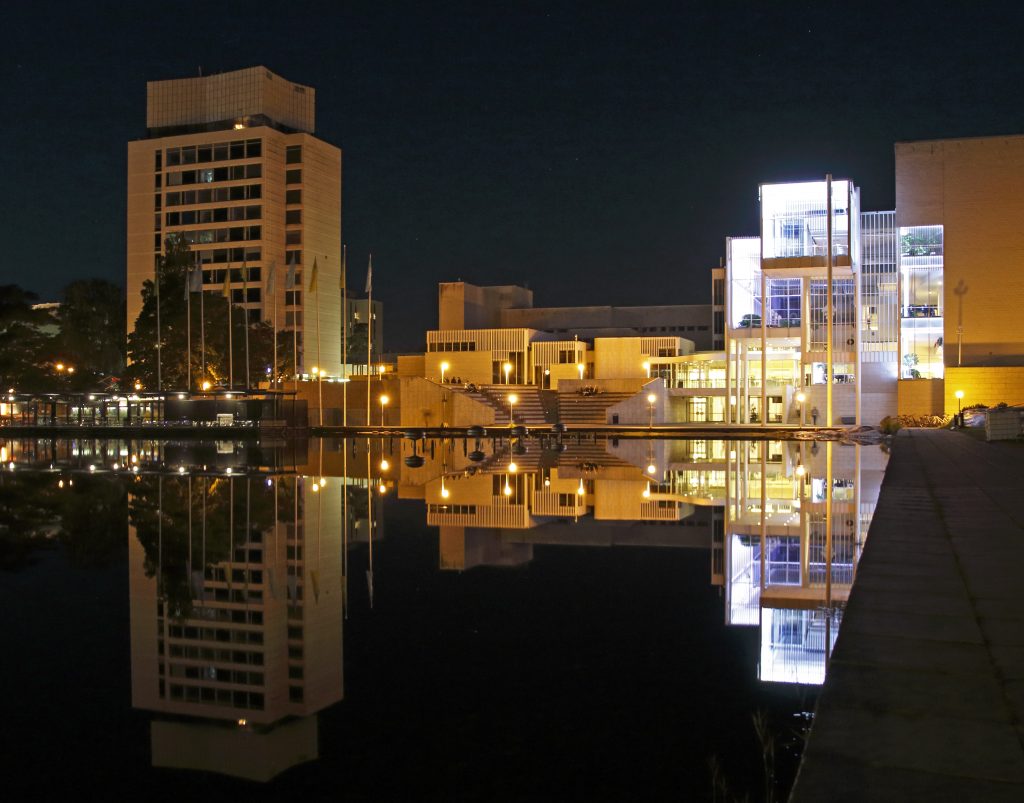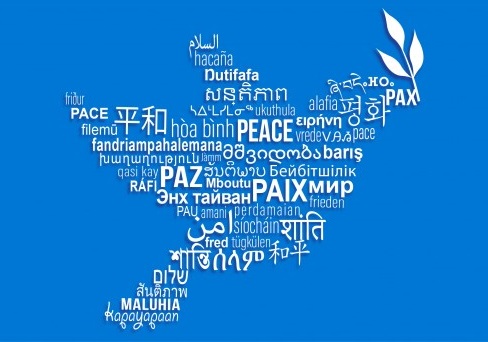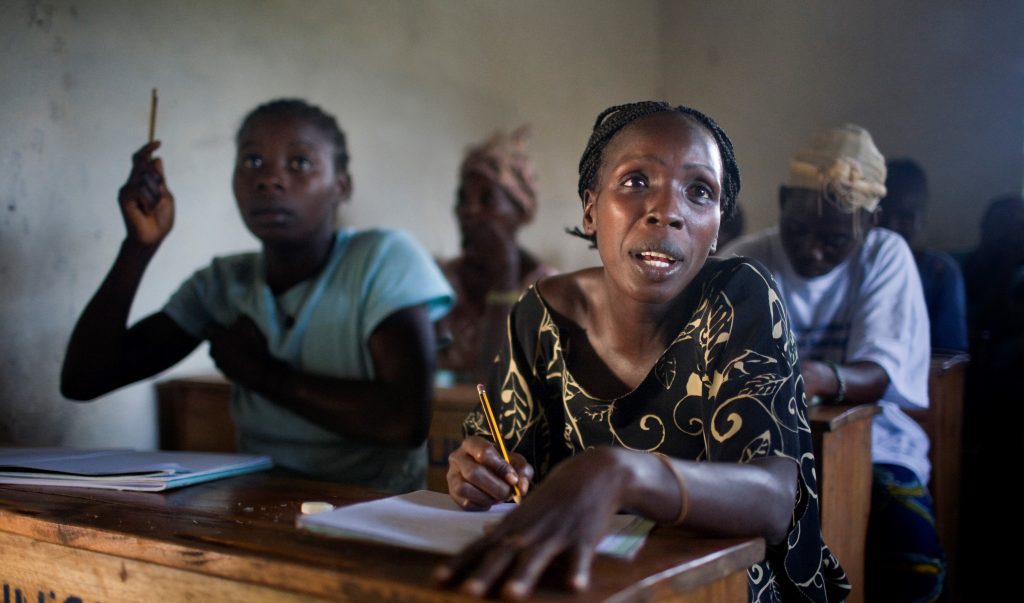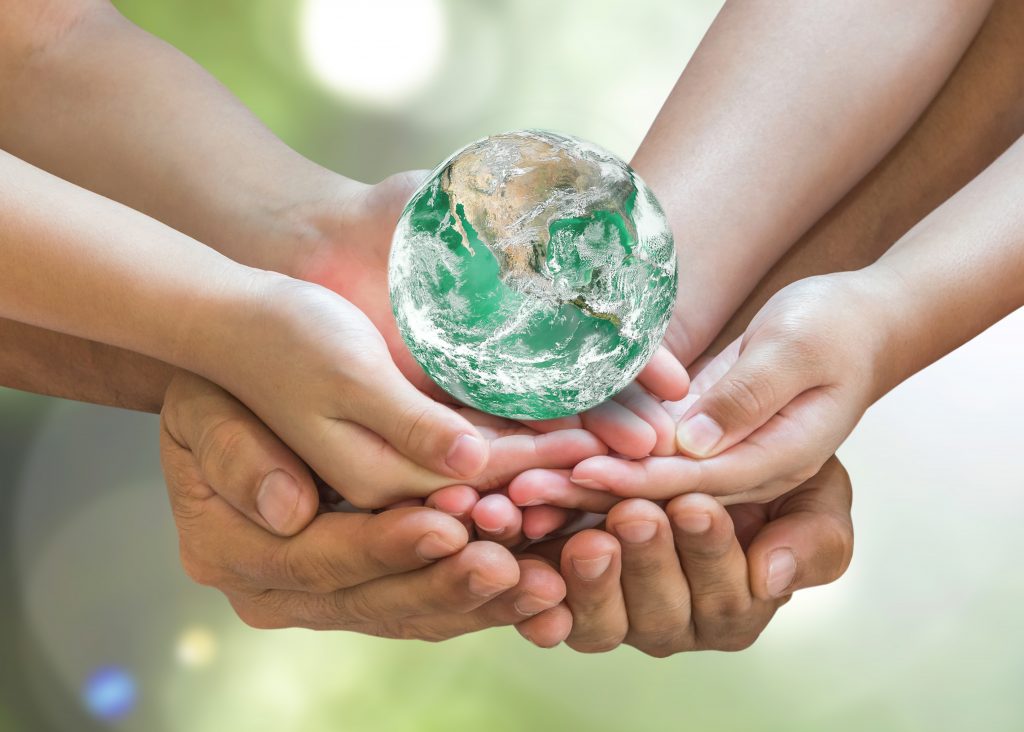Espoo, in Finland, was one of 12 cities to receive the UNESCO Learning City Award at the second International Conference on Learning Cities in Mexico in 2015. Annica Isacsson and Annika Forstén explain what makes Espoo special

Espoo cultural centre and tower in Tapiola
In 2015, UNESCO recognized the Finnish city of Espoo for the outstanding progress it had made in implementing the ‘Key Features of Learning Cities’ since the first International Conference on Learning Cities in 2013. The Key Features describe a learning city as one that effectively mobilizes, creates and reinforces individual empowerment and social cohesion, and economic and cultural prosperity, in addition to sustainable development. In fact, the United Nations has invited Espoo to become a pioneer of sustainable development by attaining the UN’s Sustainable Development Goals (SDGs) by 2025, five years ahead of schedule.
Espoo aims to ensure that all citizens can fulfill their potential, succeed in the uncertain world of the future and participate in the development of their local communities. Learning, creativity and innovation are fostered from an early age. For example, in 2019, Tapiola Sinfonietta, the city’s orchestra, invited all expectant parents in the city to its regular concerts so that their children could experience the positive influence of music while still in the womb. And Espoo’s systematic approach to collaboration between artists and schools has been extended to early education centres, giving all children the opportunity to interact with professional artists and foster creative minds. Continue reading




